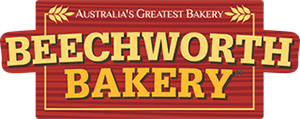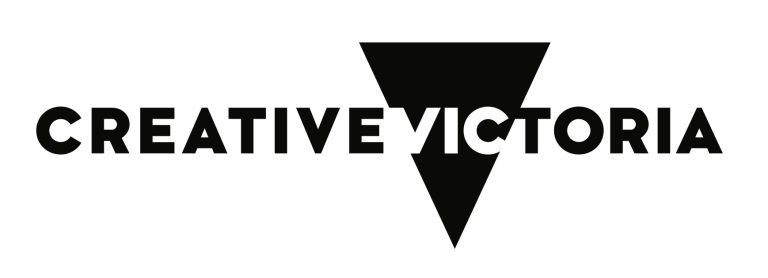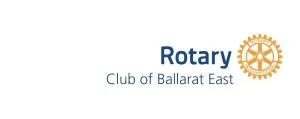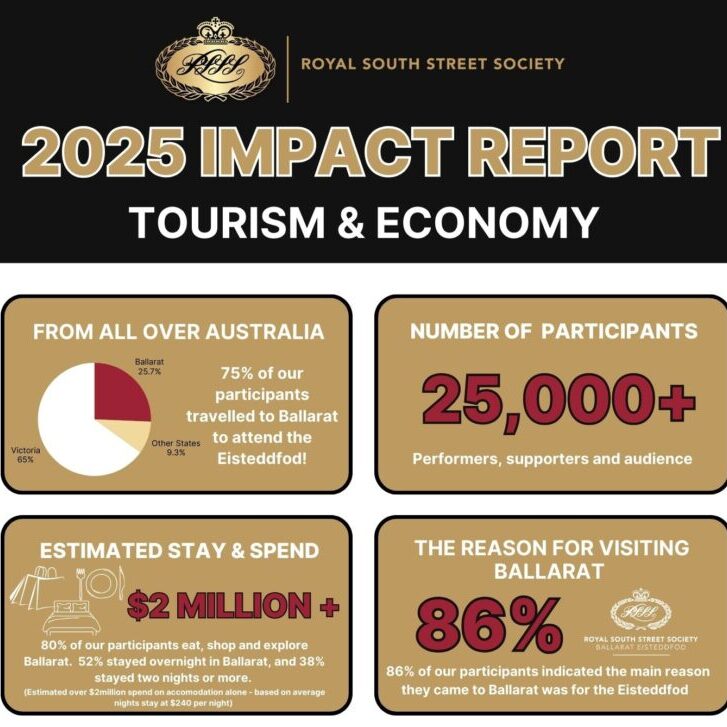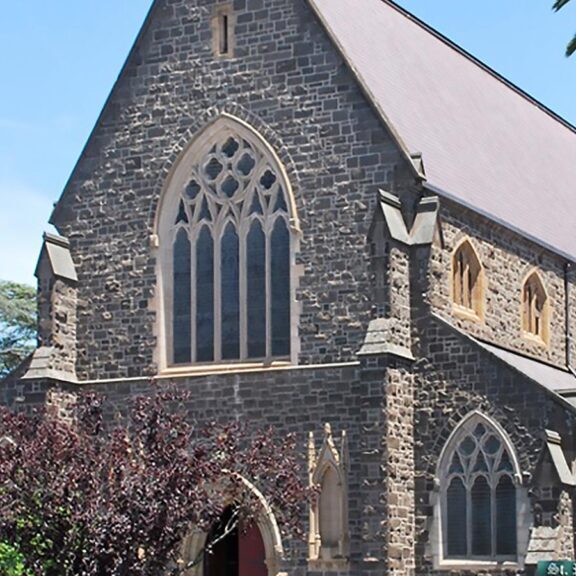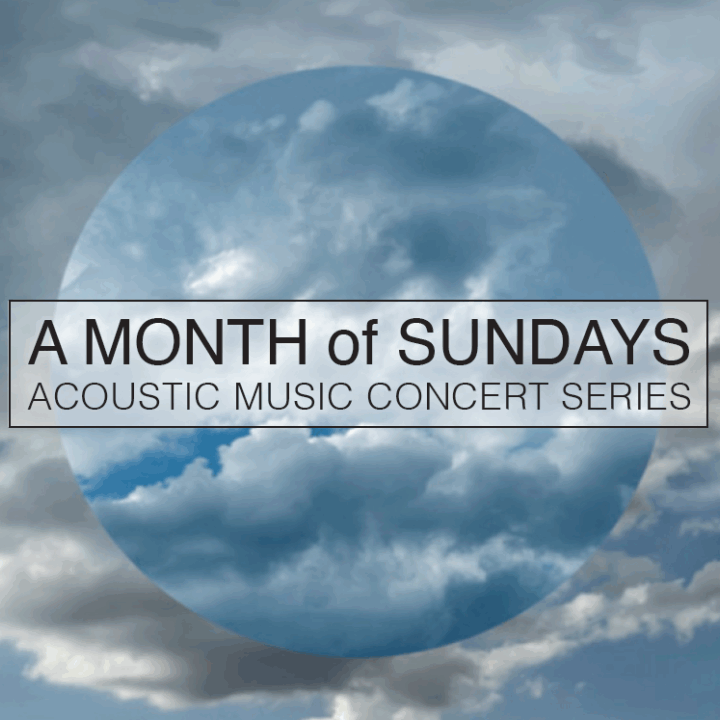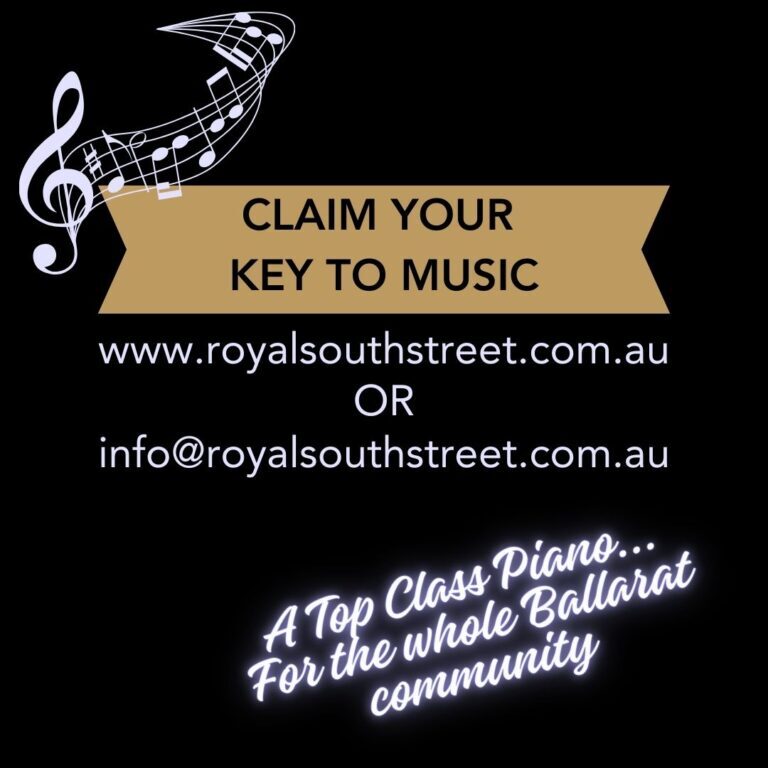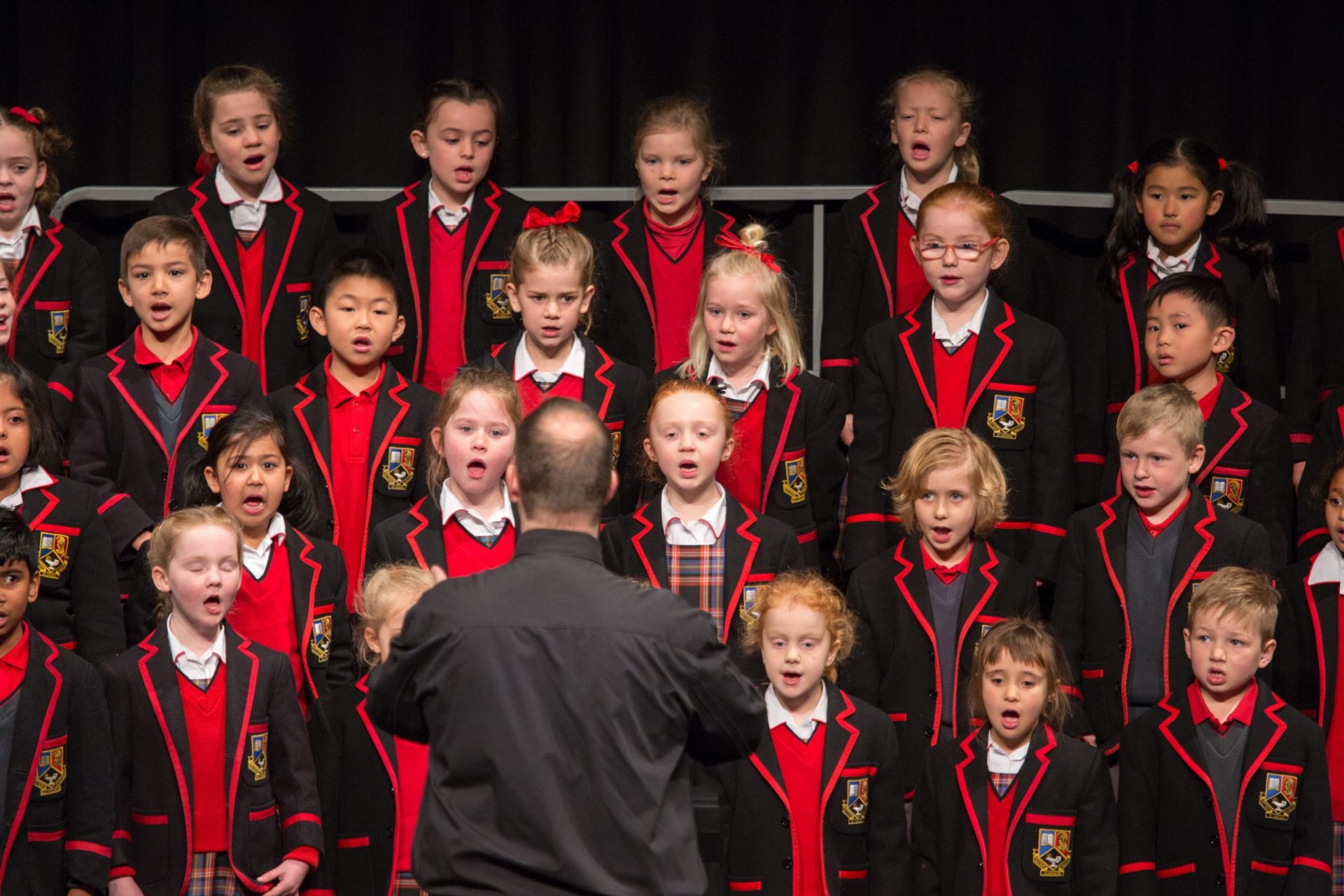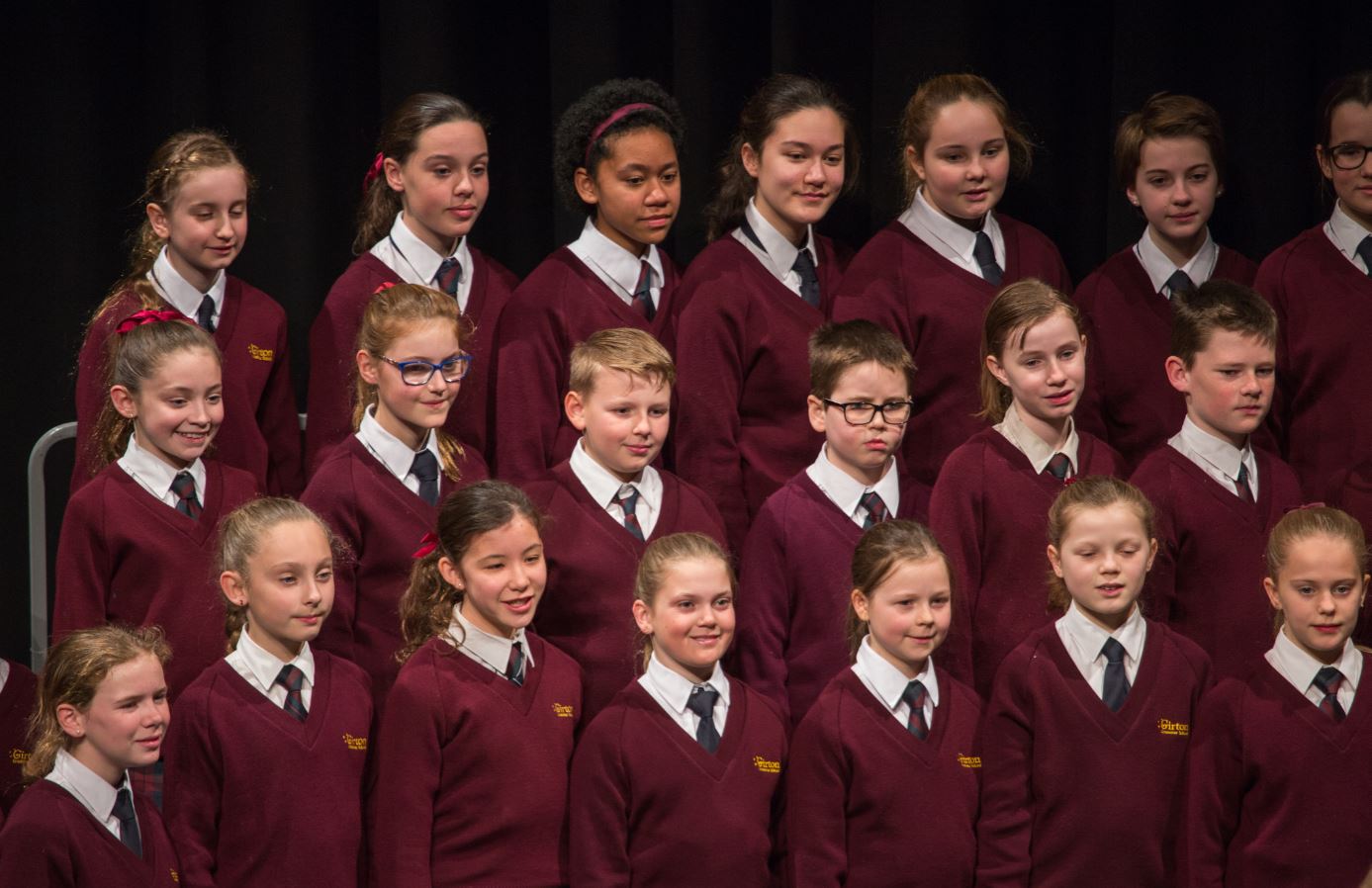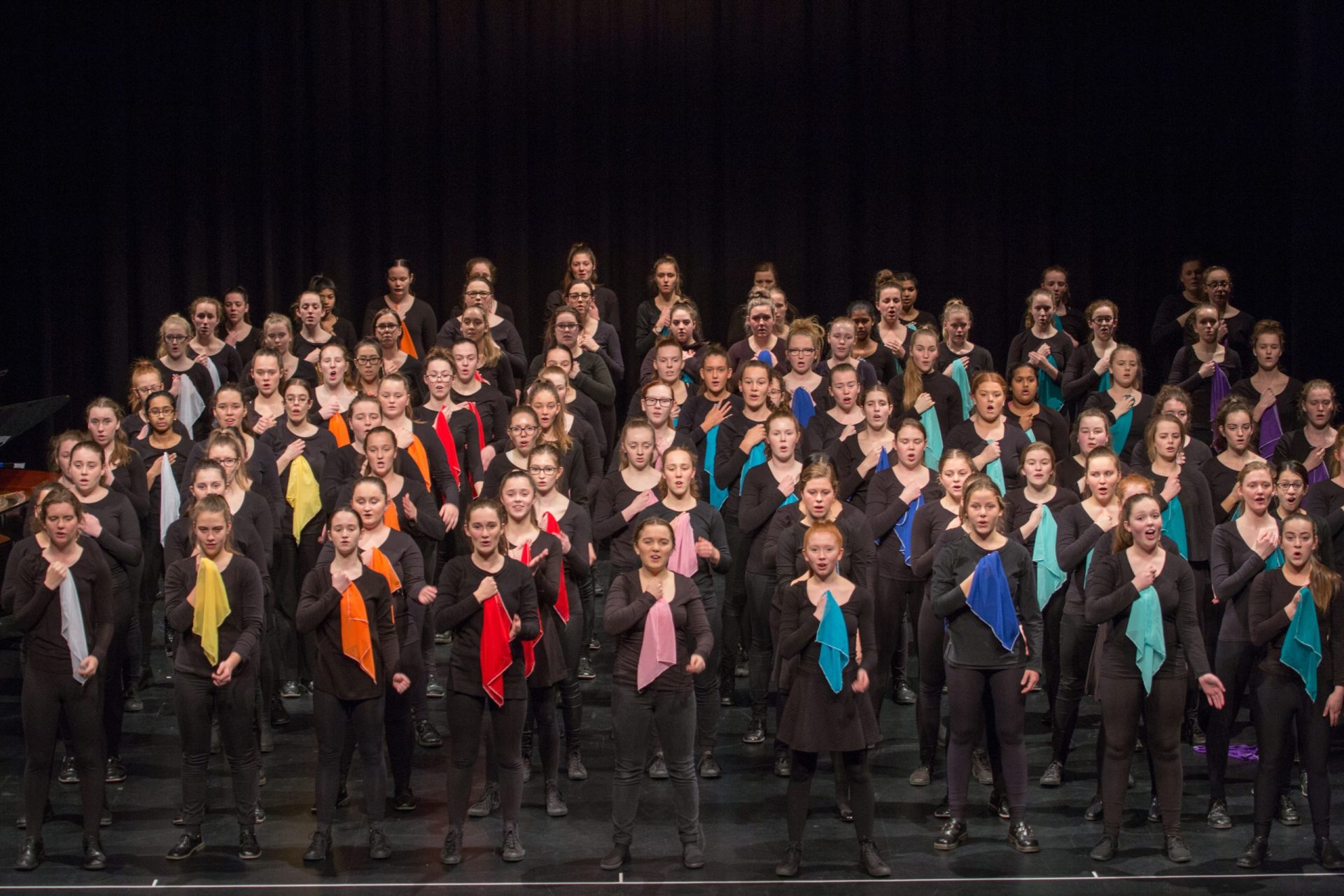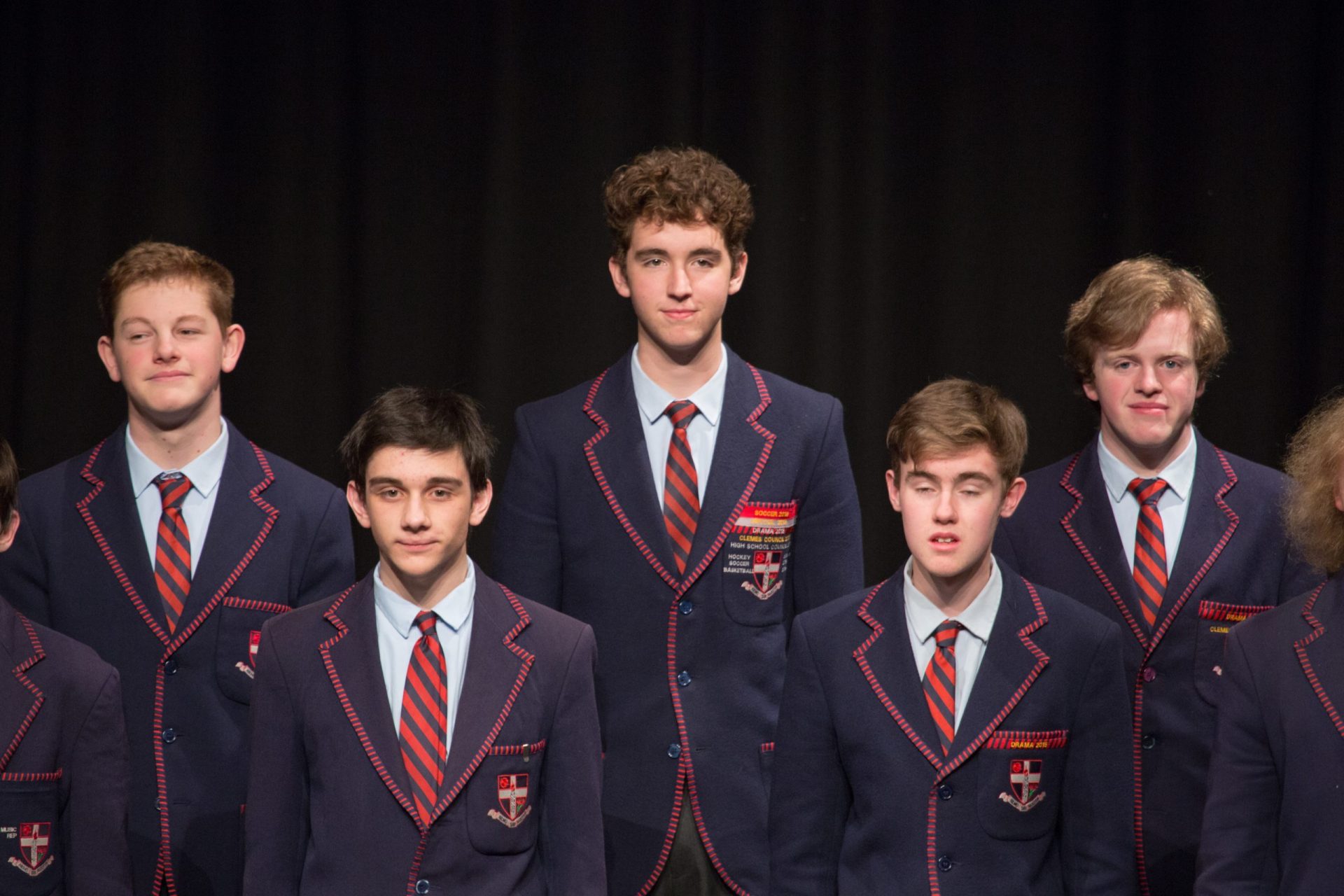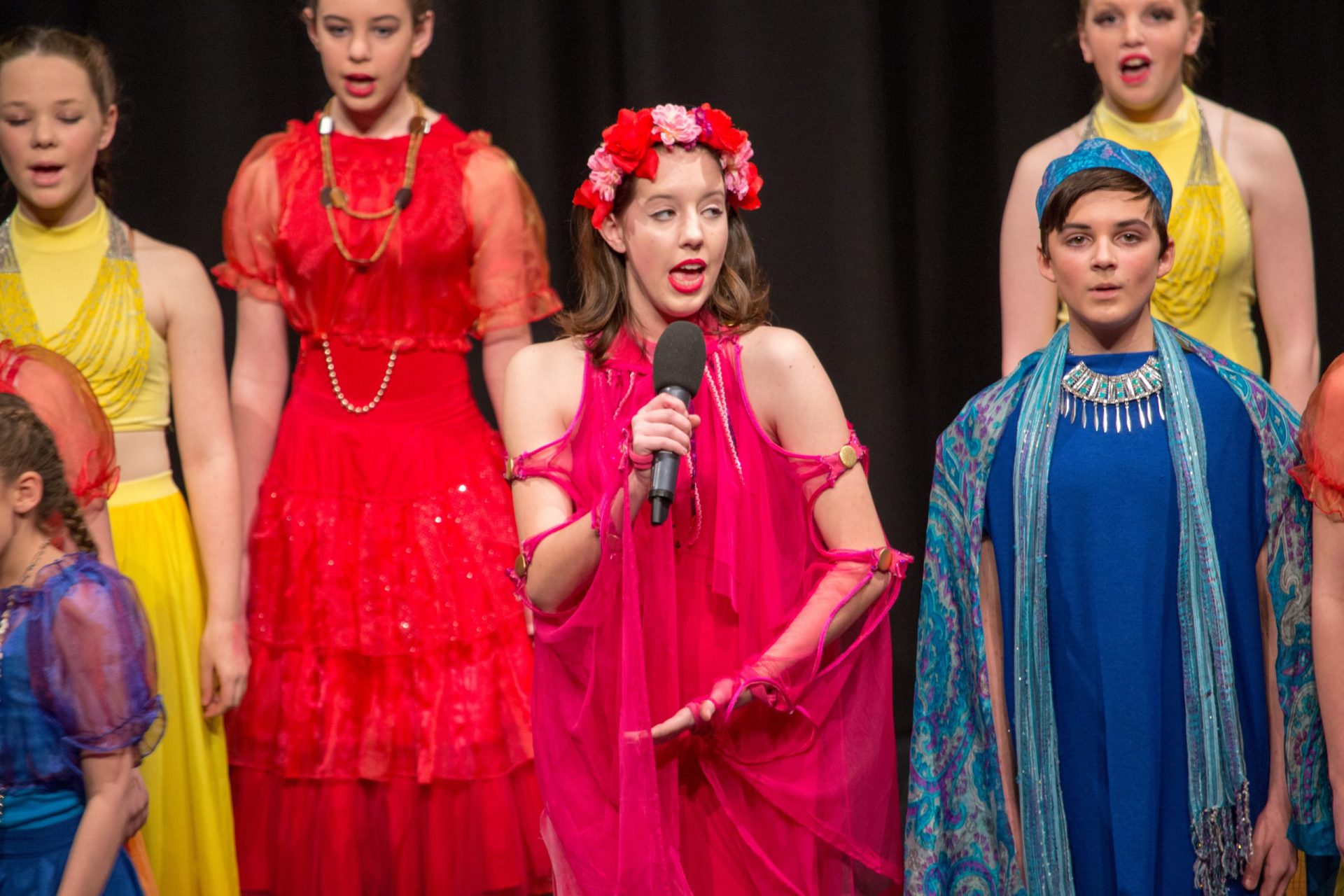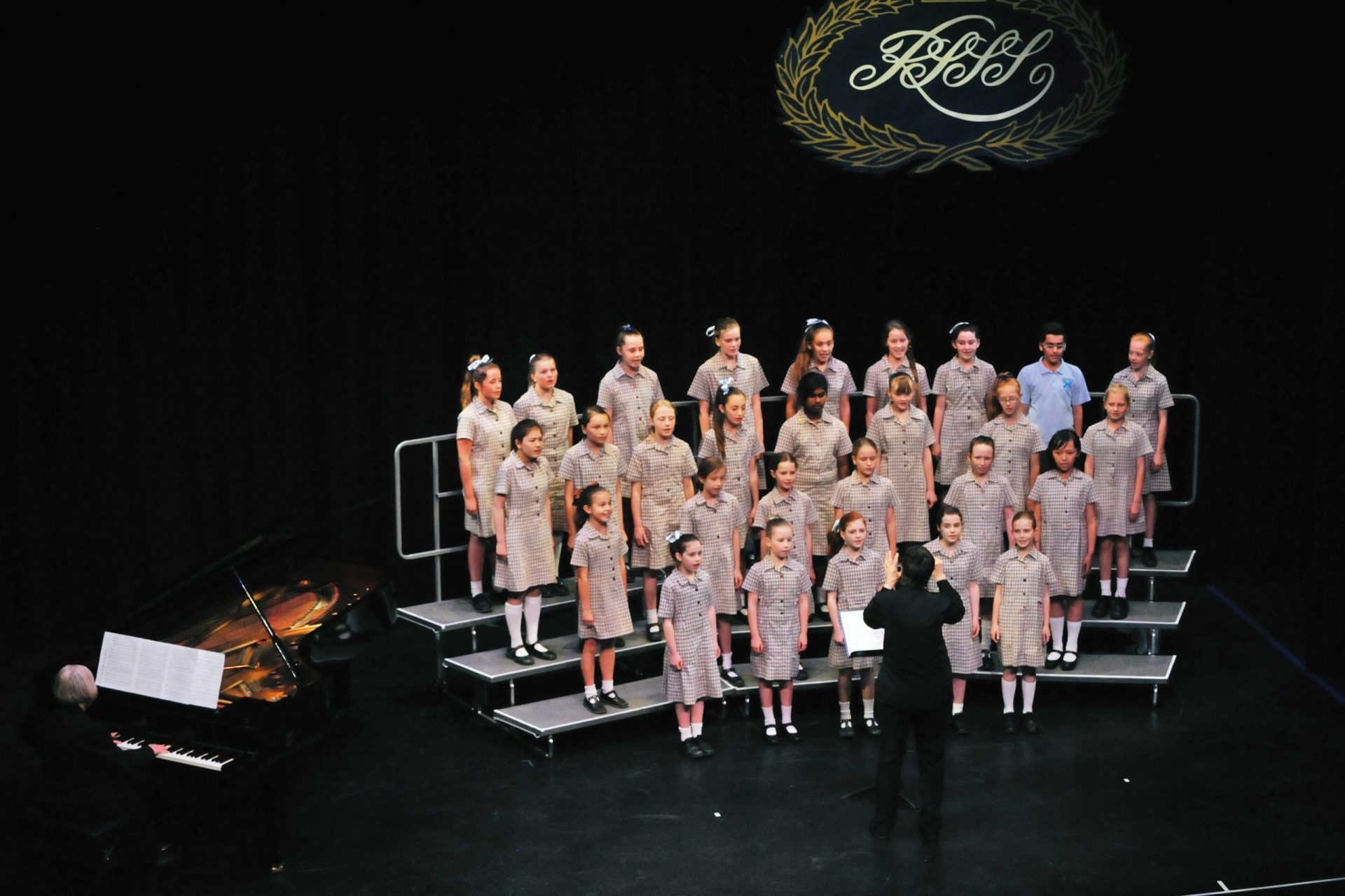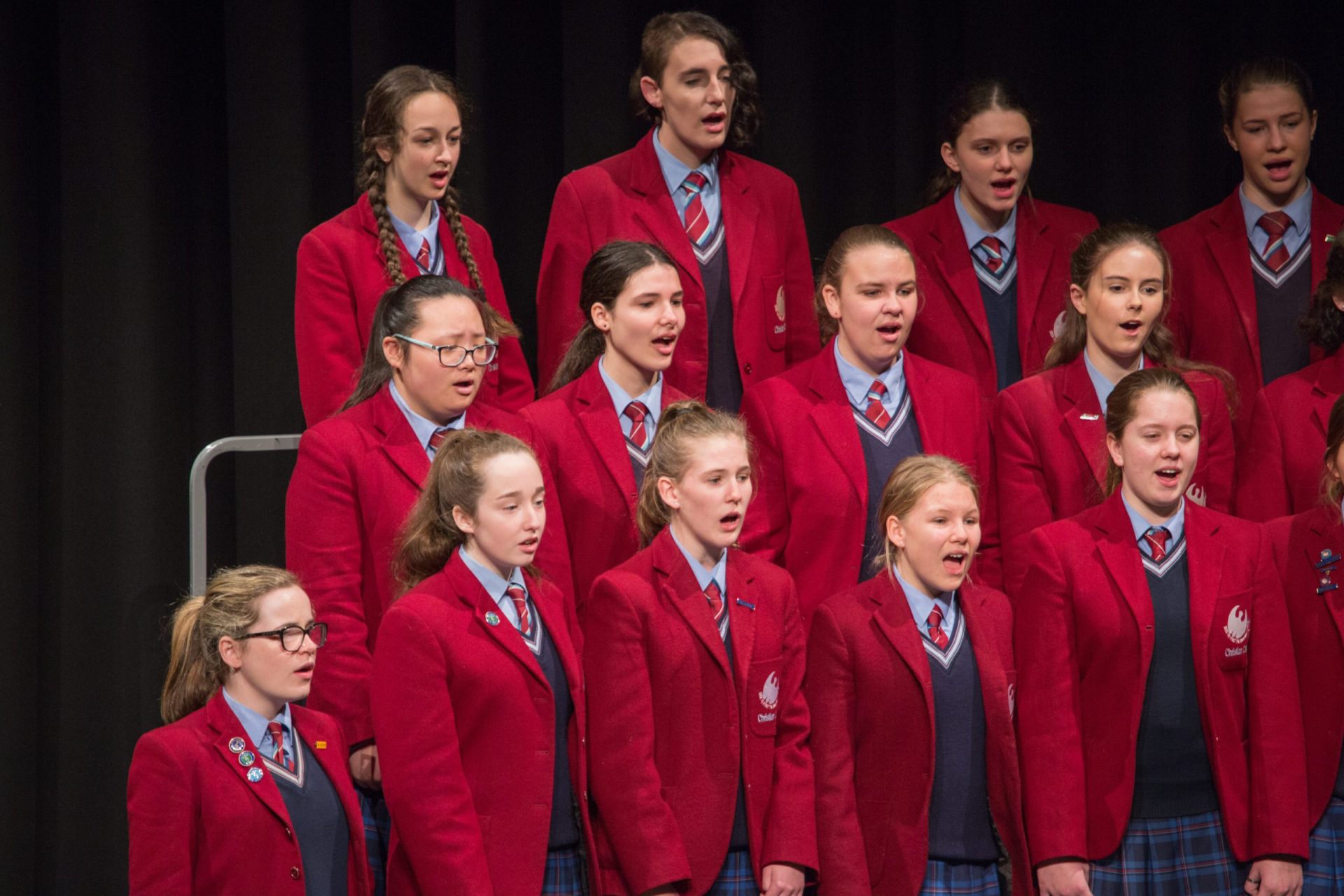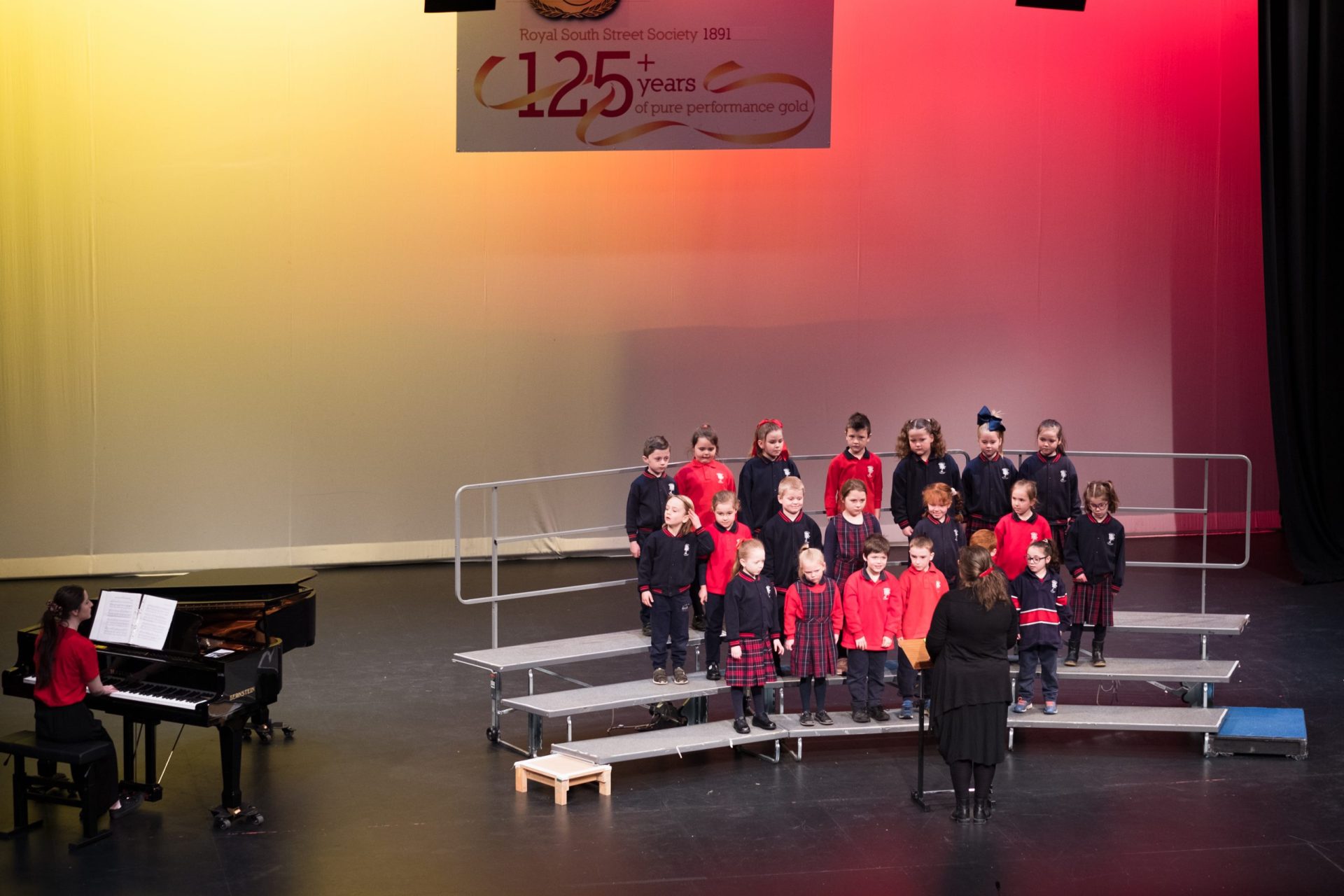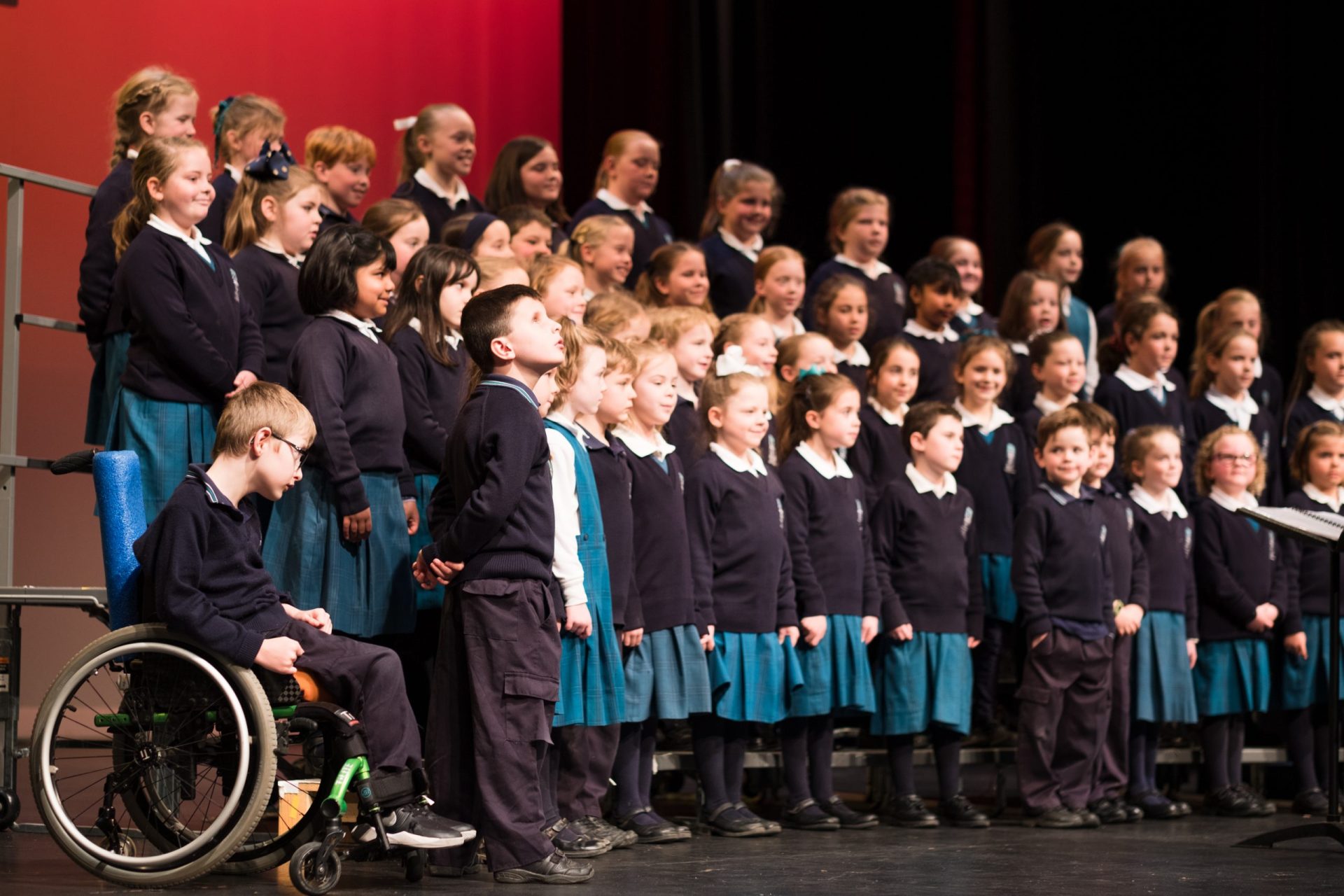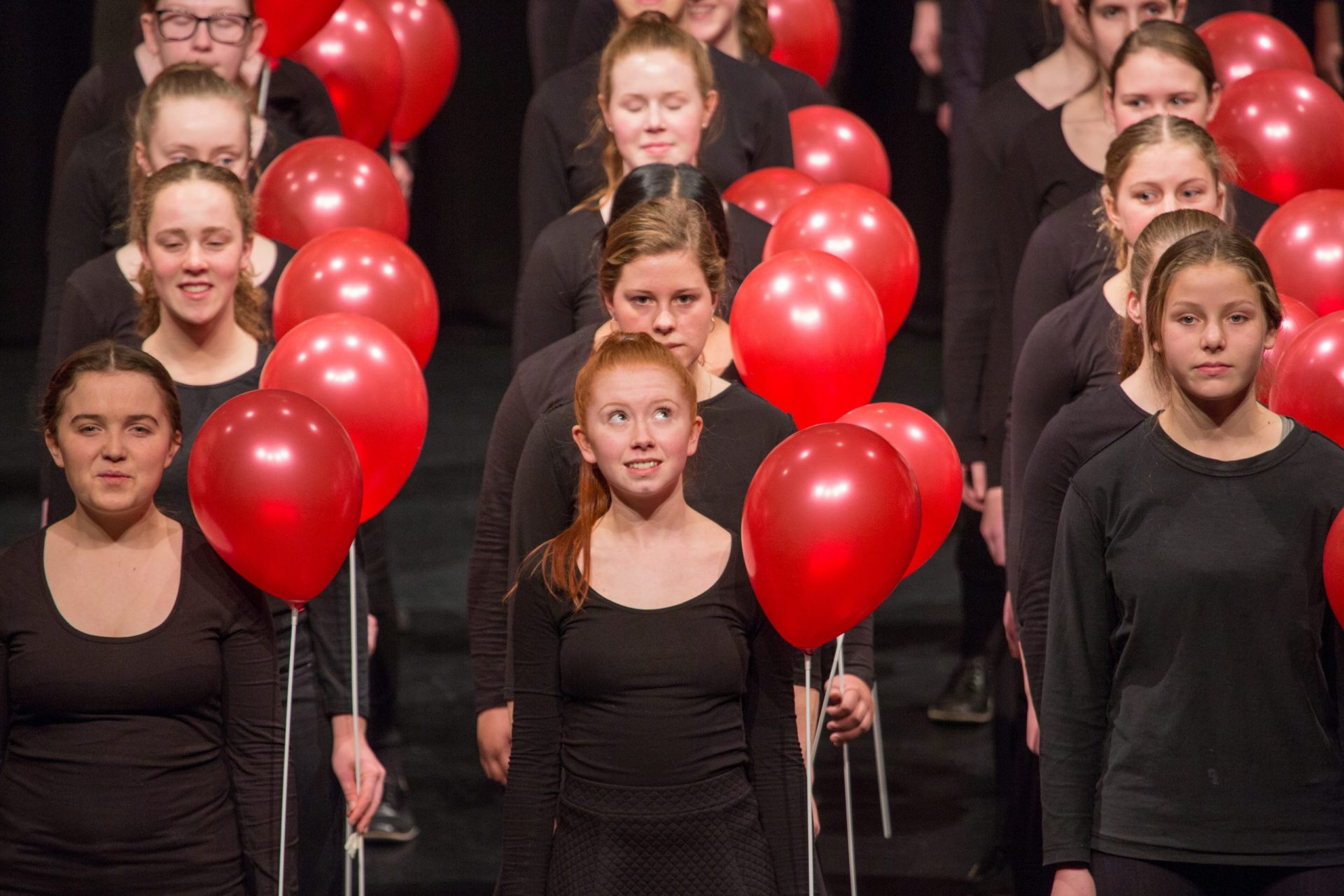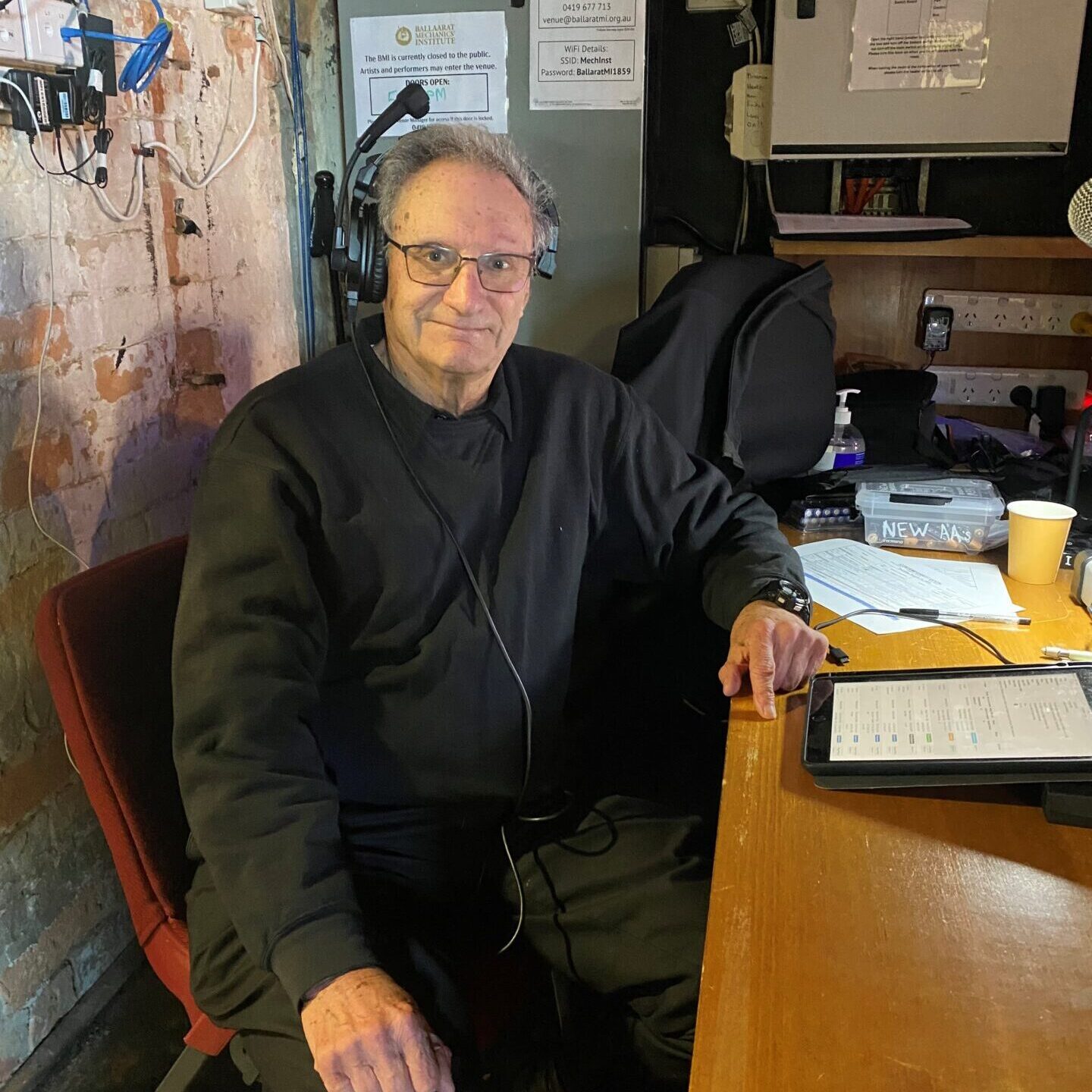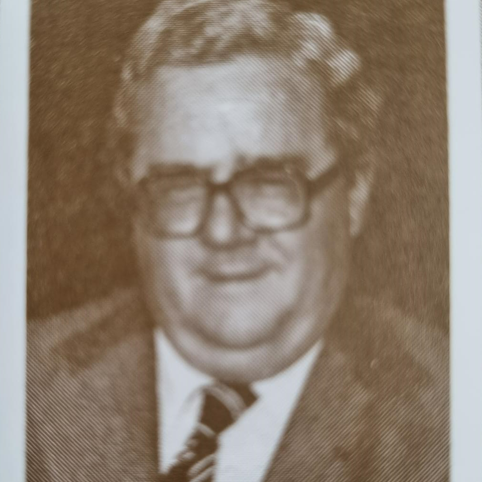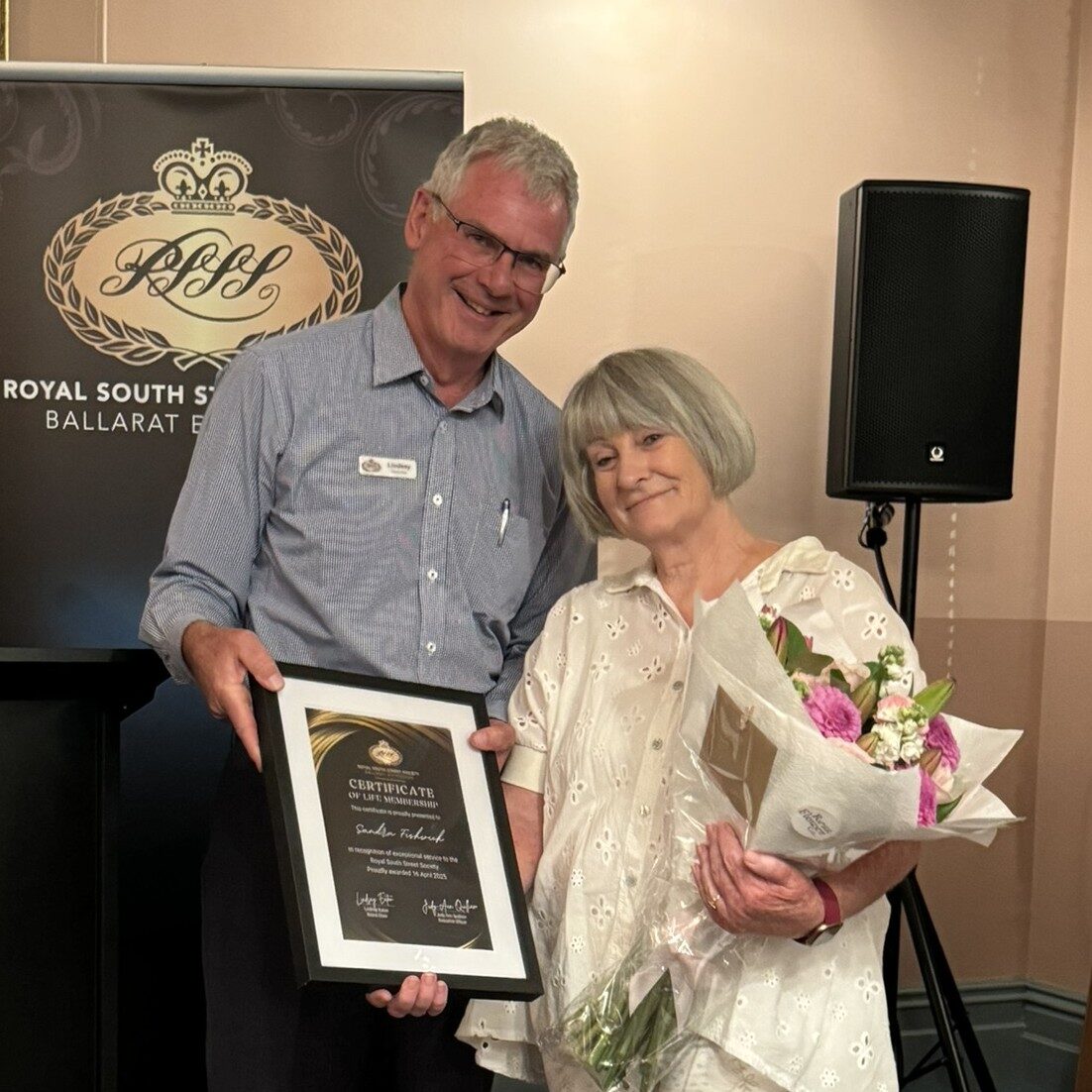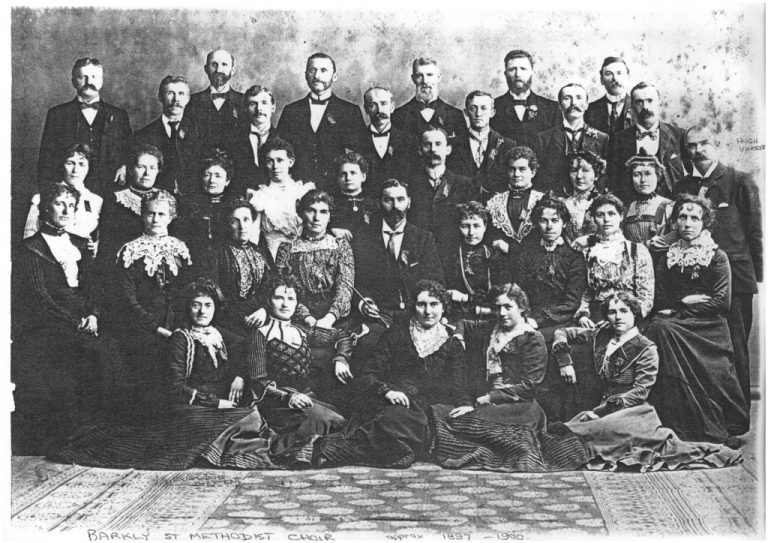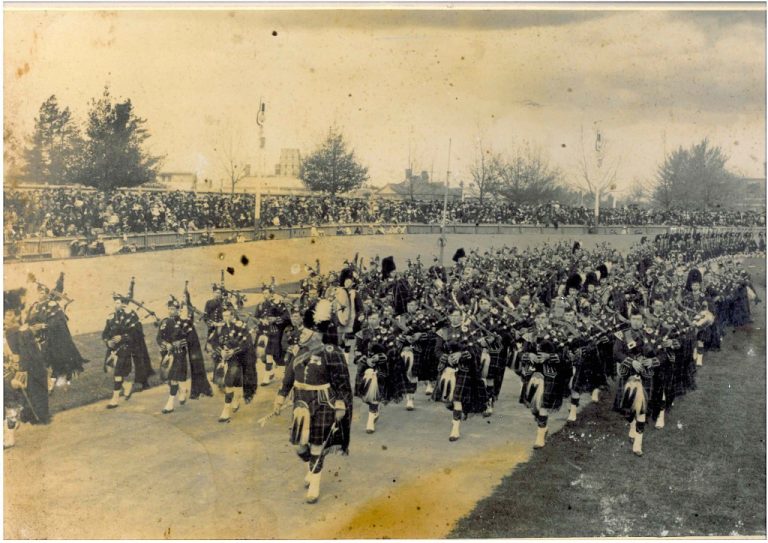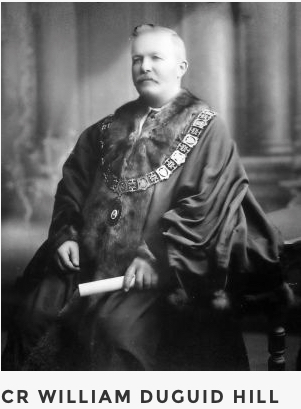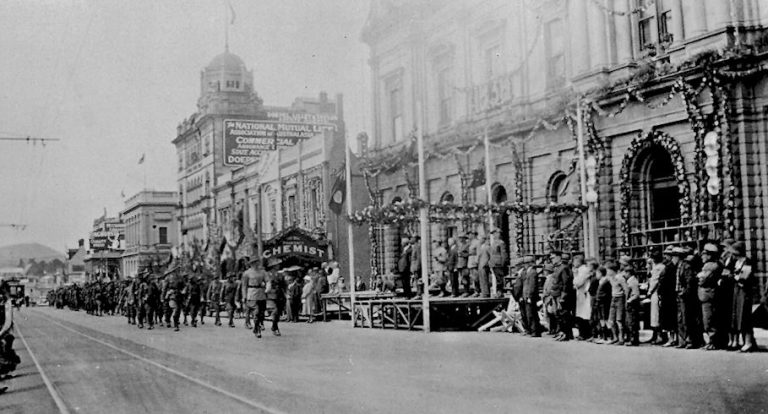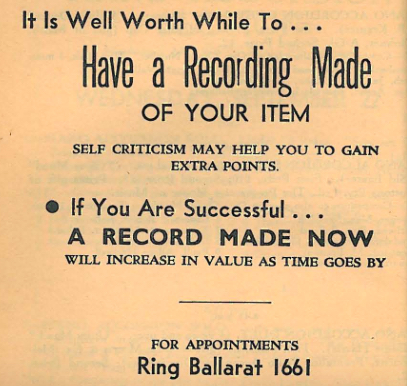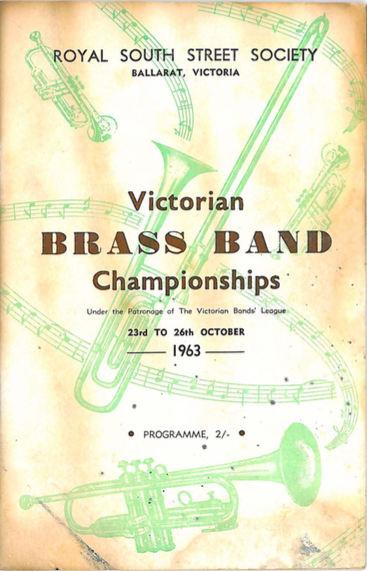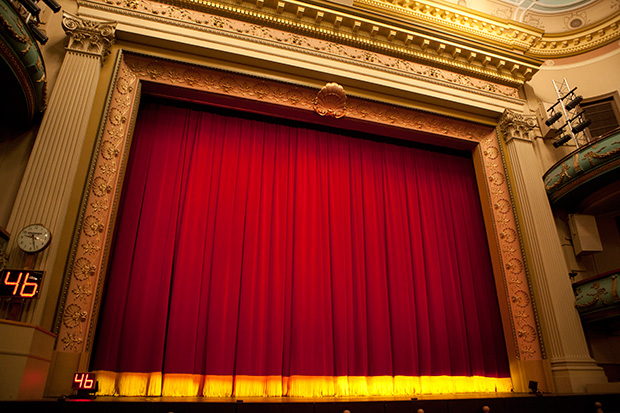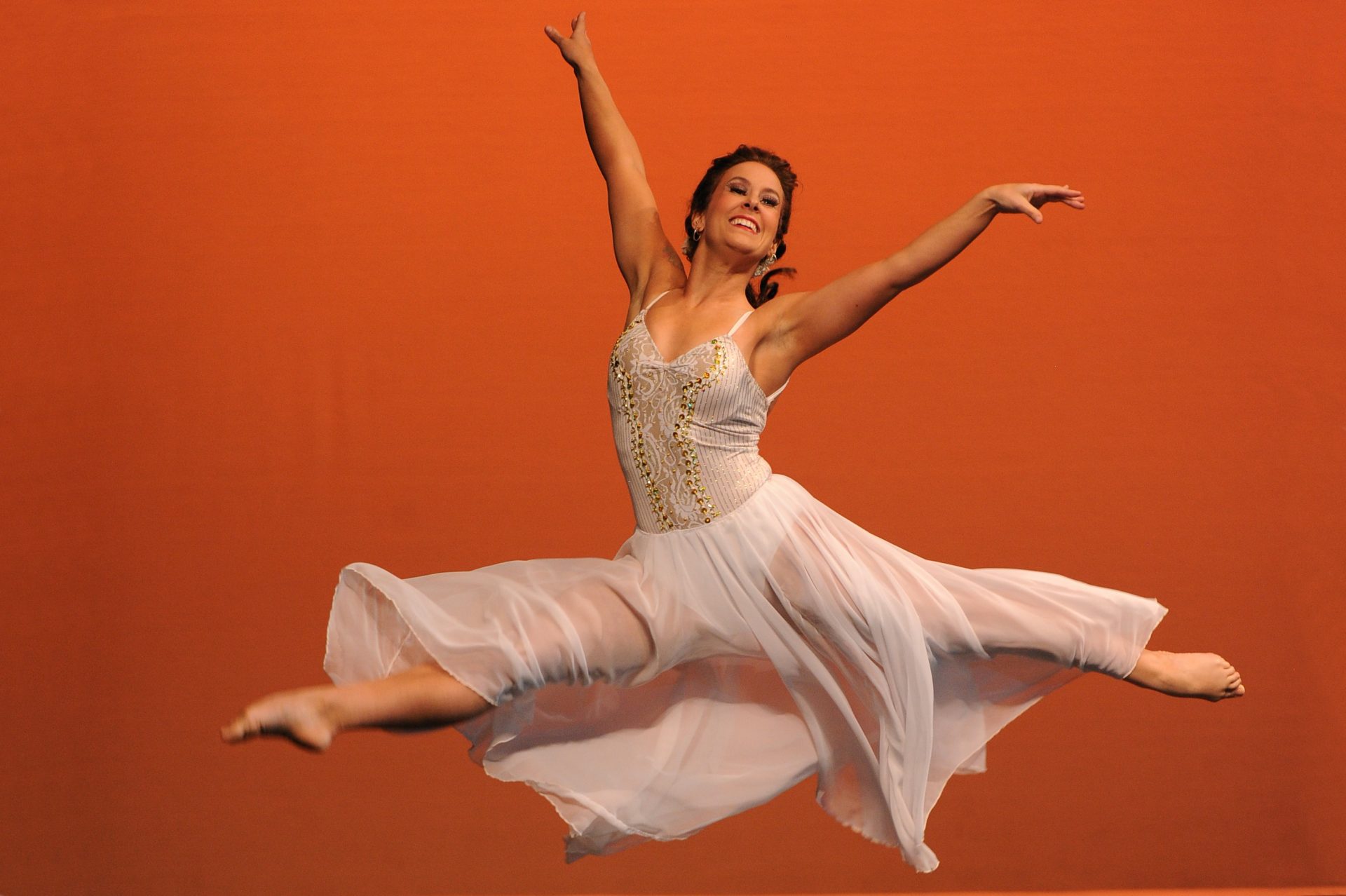Enter
Enter Entries Open March 01 to April 30
2026 Competition dates: Wednesday 12 to Saturday 15 August
Venue: Founders Hall, Caro Convention Centre, Federation University, University Drive, Mt Helen
Our adjudicator for 2026 is TBC.
We have partnered with MyStage Eisteddfod management system for entries and event management. Song titles can all be uploaded in preparation for the event.
A MyStage account is required to enter.
Music Scores
As per competition Rules, all music is to be handed in at registration on the day.
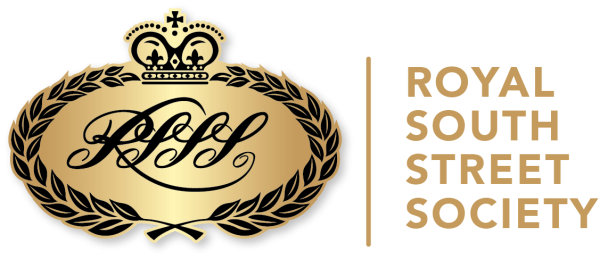

2025 Adjudicator - Marianne Rigby
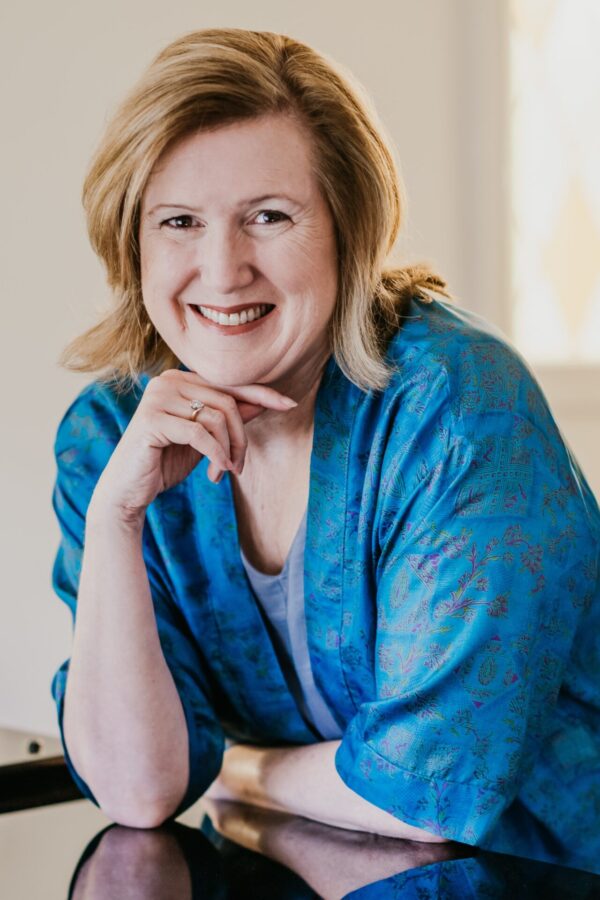
Choral Competition
Choirs are a beautiful discipline of the Eisteddfod. A choir is defined as a musical ensemble of singers and the Choral music, in turn, is the music written specifically for such an ensemble to perform. Choirs may perform music from the classical music repertoire, which spans from the medieval era to the present, or popular music repertoire.
The Royal South Street Society Ballarat Eisteddfod’s Choral Competition offers a unique chance for personal growth and improvement. Our eisteddfod platform is a transformative journey where performers can take to a stage, refine their skills, boost their confidence, and unlock a love for the performing arts.
Sections include Junior Novice & Critique Only Primary School, Rural Primary School, Primary School and Secondary School choirs and Open Age. Sections within the competition include show and performance choirs, small choral groups, acappella, community choirs, gospel.
Stories
Learn more about the Choral discipline from our collection of stories, historical records and media....
Explore
Explore our history timeline
Choral competitions were first introduced into the Royal South Street Eisteddfod in 1897.
